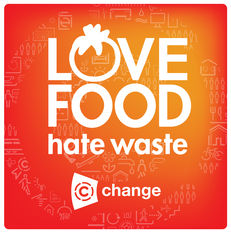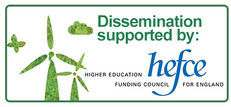‘Love Food Hate Waste’: Brighton
Over the past academic year, the University of Brighton has focused its efforts on tackling food waste in campus restaurants.
The university’s Hospitality Services and Environment Team united under the banner of the c-change campaign (the university’s award-winning environmental engagement campaign), to reduce food waste and ensure all food waste produced in university restaurants is processed by anaerobic digestion; Defra’s preferred treatment option.
Through this project, the university’s recycling levels increased dramatically, from 34% in Jan-May 2014, to 48% over the same period in 2015 - diverting an additional 16 tonnes of food waste from the waste stream.
A food waste awareness campaign engaged 313 staff and students during Green Week, and a ‘Love Food Hate Waste’ cookery workshop was run in halls. To inform the food waste reduction elements of the project, the university worked with an MA student to understand the causes of food waste in University restaurants.
Top 3 learnings
1. Approaching students at their tables during catered halls dinners, with an interactive awareness raising game and a small prize (i.e. chocolate) is an effective ways of interacting with a large number of students in a small space of time.
2. Pre-paid catered dinners tend to be the largest producers of food waste, so is a key area to focus food waste reduction initiatives.
3. Working with an MA student to carry out research into the causes of a problem, and staff/student attitudes towards it, helps to identify the most effective messages/approaches for a campaign/project.
Videos










 Except where otherwise stated, content on this site is
licensed under a Creative Commons Attribution 3.0 License.
Except where otherwise stated, content on this site is
licensed under a Creative Commons Attribution 3.0 License.
